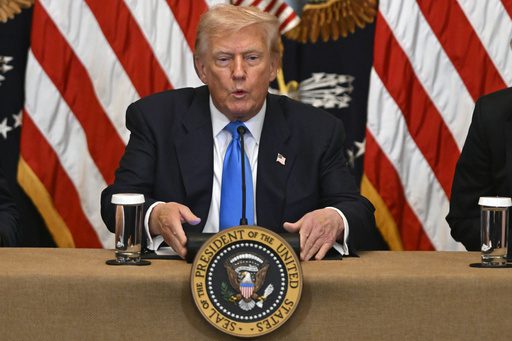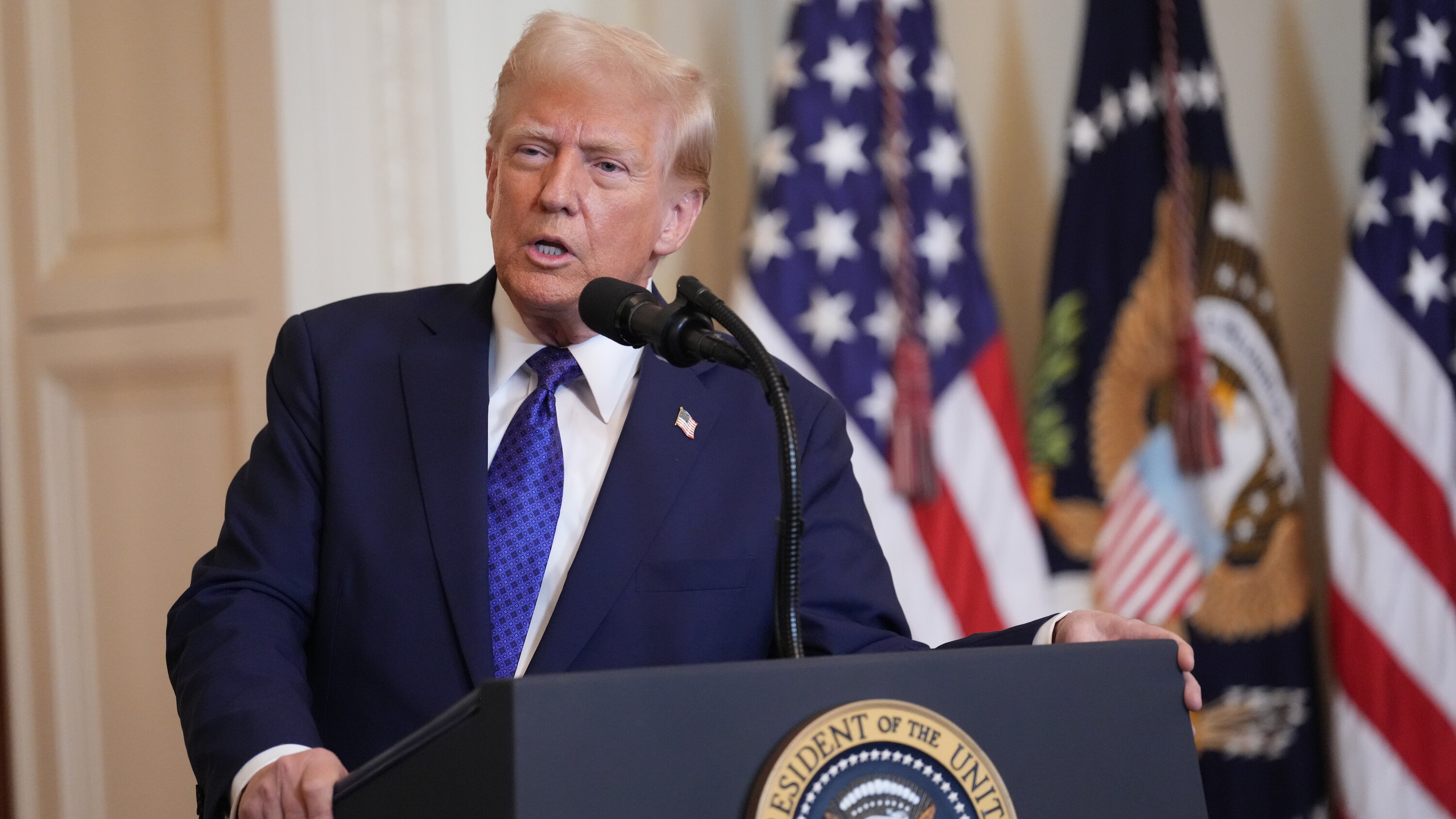In a bold move that has sent shockwaves through global markets, former President Donald Trump has announced a series of reciprocal tariffs on a range of countries, imposing steep levies that could reshape international trade dynamics. Among the most significant are a staggering 35% tariff on imports from Canada and a 39% tariff on goods from Switzerland, implemented as part of a broader strategy to address perceived trade imbalances and protect American industries.
Background & Context
The announcement comes amidst ongoing tensions surrounding international trade policies and economic negotiations. Trump, who has long championed a protectionist agenda, argues that these tariffs are necessary to ensure fair competition for American manufacturers. The tariffs target a total of eleven countries, including South Africa, Taiwan, Vietnam, and Turkey, with rates varying from 15% to 39%. This latest action reflects Trump"s commitment to prioritizing American economic interests, a cornerstone of his political platform.
Historically, tariffs have been a contentious issue, often leading to retaliatory measures from affected nations. Trump"s previous administration saw similar tactics, which were met with both support and criticism domestically and internationally. As trade tensions escalate, the implications of these new tariffs could resonate far beyond the immediate economic landscape.
Key Developments
Among the countries affected, Canada"s 35% tariff stands out as particularly significant given the close economic ties between the two nations. Canada is not only a major trading partner for the U.S., but it also supplies a substantial amount of the raw materials and goods necessary for various American industries. The imposition of such a high tariff could lead to increased costs for consumers and businesses in the U.S., as well as retaliatory tariffs from Canada, which may affect American exports.
Switzerland, facing a 39% tariff, has expressed concern over the potential impact on its financial services and pharmaceutical sectors, which are heavily integrated with the U.S. economy. The Swiss government has indicated that it will evaluate its options in response to this unexpected measure, potentially leading to a protracted trade dispute. Other nations, including South Africa and Turkey, are also bracing for economic repercussions as they prepare to respond to the tariffs.
\n\n
Image for Trump Unleashes 35% Tariffs on Canada and 39% on Switzerland, Sparking Trade Tensions
Broader Impact
Experts are already weighing in on the potential long-term effects of these tariffs. Economists warn that while the intent may be to protect American jobs, the reality could lead to increased prices for consumers and strained international relations. “Tariffs are a double-edged sword,” says Dr. Emily Chen, a trade economist. “In the short term, they may provide a boost to certain sectors, but in the long run, they can lead to trade wars and broader economic instability.”
The historical context of tariffs reveals a pattern of escalating tensions that can result in diminishing returns for the countries involved. The U.S.-China trade war serves as a cautionary tale, illustrating how protectionist measures can spiral into a cycle of retaliation that harms both economies. As these new tariffs take effect, businesses and consumers alike will be closely monitoring their impact on prices and availability of goods.
What"s Next
Looking ahead, the immediate future will likely involve negotiations and diplomatic discussions among the affected countries. With many nations poised to respond to the tariffs, the potential for retaliatory actions looms large. Canada, for instance, may consider imposing tariffs of its own, which could further escalate tensions. Additionally, businesses that rely on international supply chains are already strategizing on how to mitigate the impact of increased costs.
As previously reported, Trump has been active in reshaping U.S. foreign relations, as evidenced by his recent appointment of an envoy to address Russian relations after a visit to Israel. The current tariff situation is part of a broader narrative of economic nationalism that is likely to influence U.S. foreign policy moving forward. Stakeholders in the global market will be watching closely for any signs of negotiation or further escalation, as the implications of these tariffs could reverberate for years to come.
In this rapidly evolving landscape, businesses, economists, and policymakers will need to remain agile, navigating the complexities of a world increasingly defined by trade tensions and economic protectionism.

Image for Trump Unleashes 35% Tariffs on Canada and 39% on Switzerland, Sparking Trade Tensions







![[Video] Gunfire between Iraqi security forces and Sadr militias in Baghdad](/_next/image?url=%2Fapi%2Fimage%2Fthumbnails%2Fthumbnail-1768343508874-4redb-thumbnail.jpg&w=3840&q=75)
